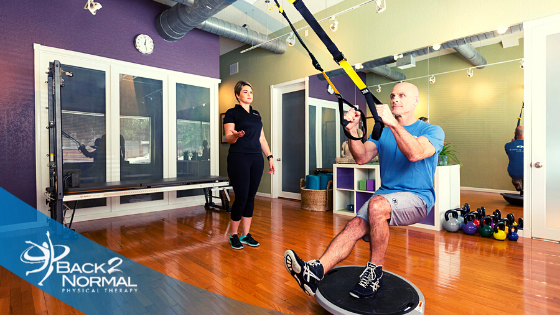
Getting a good night’s sleep is key to feeling rested and rejuvenated. But, if you wake up every morning with jaw pain, tooth pain and even headaches, you’re probably feeling frustrated and anxious. These symptoms are also an indication that you may be suffering from temporomandibular dysfunction (TMD).
Grinding or clenching your teeth at night can cause serious damage—like cracks! —to your teeth and even lead to long-term injury of the temporal-mandibular joint (TMJ).
If you’re experiencing any of these symptoms, your first step is to make an appointment with your dentist, who can diagnosis the dysfunction, determine the cause and how to address it and decrease your painful symptoms.
Don’t be surprised if your dentist prescribes a nightguard or occlusal splint, which is a transparent device that you’ll wear over your teeth when sleeping. Your guard will be custom-fitted to your teeth, ensuring a secure fit throughout the night. In addition to protecting your teeth while you sleep, your nightguard will improve the position of your jaw.
Common symptoms that can improve with a proper occlusal splint include:
- Chronic headaches
- Jaw clenching and tooth grinding
- Jaw pain and tooth wear/cracking
Your treatment options for TMD don’t end there, however. Physical therapy is a great way to address these symptoms, and your team at Back 2 Normal has experience working with dentists throughout Tampa Bay to decrease pain and improve function in those suffering from TMD.
Physical therapy can not only help you adapt quickly to your nightguard but can also decrease your pain, frequency of headaches, improve overall function and provide and exercises to best complement your treatment plan.
At Back 2 Normal, we work with patients just like you every day, and we’re ready to help you be free from the pain caused by TMD. Book your free 15-minute telehealth consultation today!
Contributing Author: Kirsten Snellenburg, LMT, MPT, DPT, Physical Therapist, Vestibular and Visceral Specialist.
The Back 2 Normal blog is an educational resource written by Back 2 Normal employees and professional associates. Back 2 Normal bloggers are professionals who abide by the code of ethics outlined by their respective professional associations. The content published in blog posts represents the opinion of the individual author based on their expertise and experience. The content provided in this blog is for informational purposes only, does not constitute medical advice and should not be relied on for making personal health decisions.






